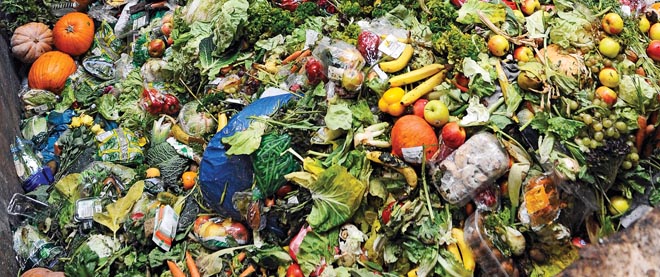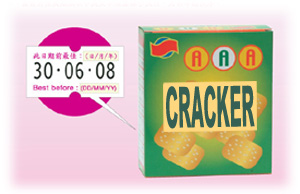https://blogs.ubc.ca/maggielo/
Noting a tremendous rise in pre-sale condos in GVA (Greater Vancouver Area) in 2013 and identifying young adults between mid 20′s to late 30′s with career potential as a target market, Maggie talked about the main selling points of Station Square, which, in my opinion, seem to utilize the psychographic [self-concept and lifestyle] and benefit segmentation variables for its target market segment.
First, the major selling point of Station Square Condo is that these young adults are not only buying a home, but also a lifestyle that engages with and creates a sense of belonging in the community [psychographic segmentation variable]. Second is the benefit of convenience due to a) an easily accessible public transportation, b) closeness to Metrotown and Crystal Mall shopping centres and c) Station Square’s first two floors as a commercial and retails space — possibly occupied by at least a grocery store, restaurants, cafes and retail shops.
I believe that locational excellence plays a role in creating its perceived value. With half an hour to reach to either Vancouver downtown or Surrey downtown by sky-train, Burnaby’s centrality in GVA is certainly very convenient for those who have such needs.
Moreover, I assume that the sales agents at Station Square can be considered as authoritative figures because they would not only solidify what the customers knew already about its locational excellence and convenience but also attempt to further enhance its perceived value in the eyes of the potential customers by explaining about its product excellence in terms of the features of the room such as the view, the gym, number of bedrooms, the flooring and so on. According to Maggie at her second visit, one of the agents did indirectly highlight its product excellence by claiming that its first phase was sold out in a few days.
 Follow
Follow








